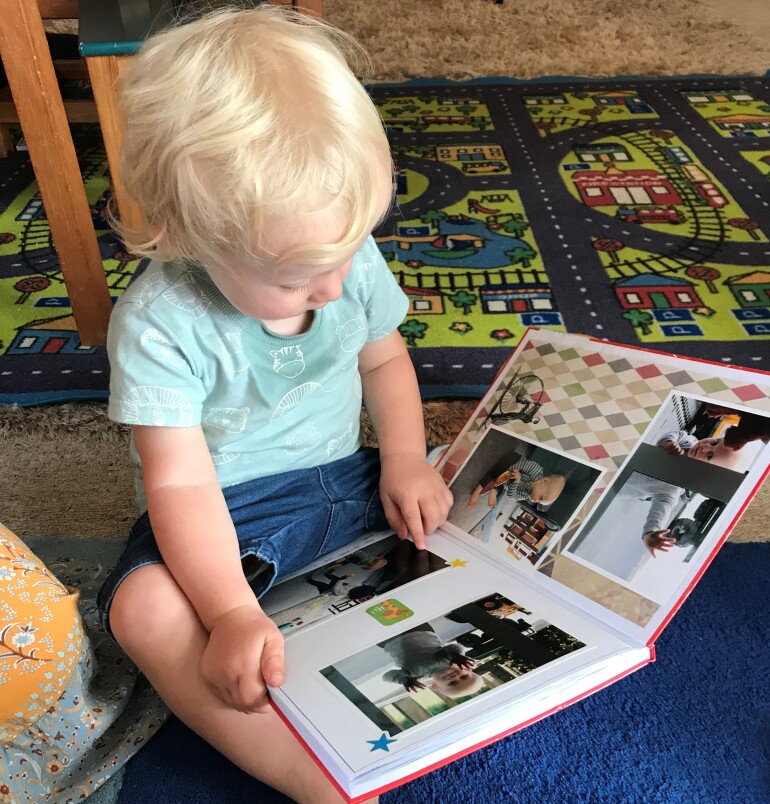News And Events

Literacy in the Early Years
4 June 2022Literacy is the way that we communicate with each other using symbol systems. Traditionally the term ‘literacy’ has been used to refer to skills in reading, writing and maths, but many in the field of early childhood education now consider ‘literacies’ as encompassing a wider range of ways that young children communicate meaning with others including oral language, play, movement, mark-making and technologies. Literacies vary across cultures, and children learn to communicate in ways that reflect their home learning environments.
The development of literacy begins from birth, well before children formally learn to read, write or talk. This is sometimes referred to as emergent literacy. The development of children’s language and literacy skills are essential for their cognitive development, literacy achievement and academic skills, as well as for their social skills and mental wellbeing. Research shows that teacher-child interactions are a critical aspect of supporting children’s language and literacy learning in educational settings. Teachers can foster and extend the development of early literacy development in many ways.
introduction from https://theeducationhub.org.nz/
Here are some ideas to support children’s literacy learning:
- using books for researching children’s interests
- writing invitations, letters, lists, cards, shopping lists
- writing and dictating stories
- using name badges for dramatic play
- using recipes
- writing and reading emails
- writing their names
- drawing
- learning about local history, legends, and spiritual contexts.
- through stories, rhymes, and songs
- in the context of play, for example: puzzles, rhymes, magnetic letters, “I spy” with sounds and letters
- sounding out letters when writing names, and when labelling objects and artwork
- role-playing and drama
- sharing news from home and encouraging questioning
- using te reo in daily conversation
Some ideas to promote literacy for infants (birth to 18 months) include:
- having books that are tactile, accessible, and that infants can hold themselves
- reading books and storytelling
- singing rhymes and songs
- repeating words and phrases
- responding to verbalisation and non-verbal cues
- creating opportunities for mark-making, messy play, and playdough.


